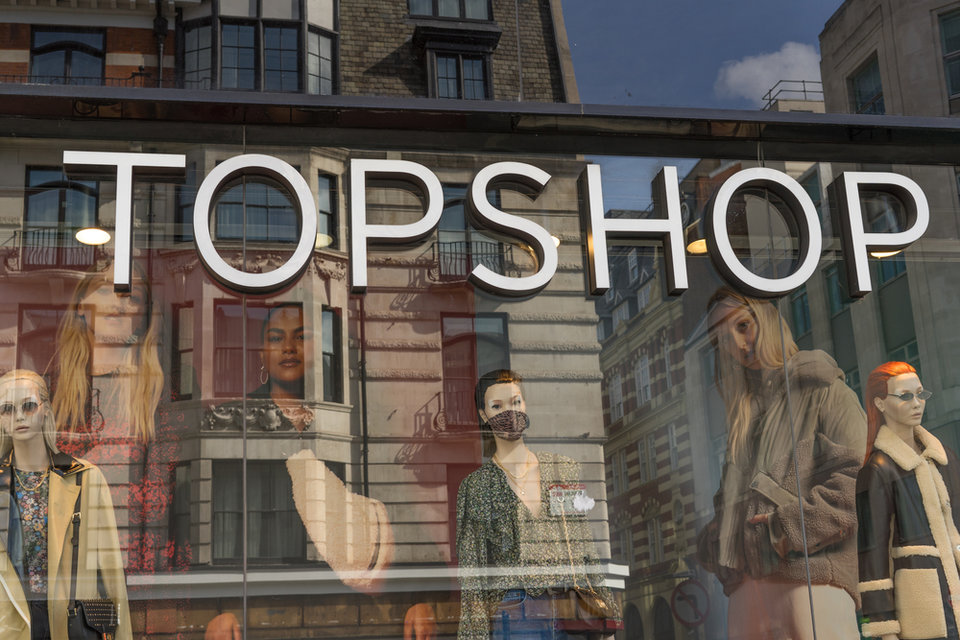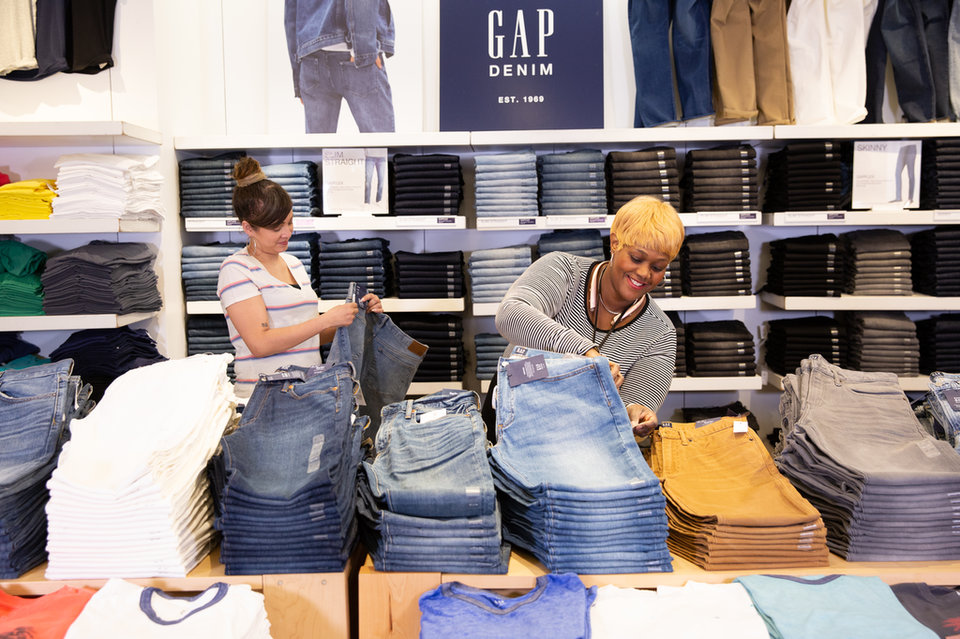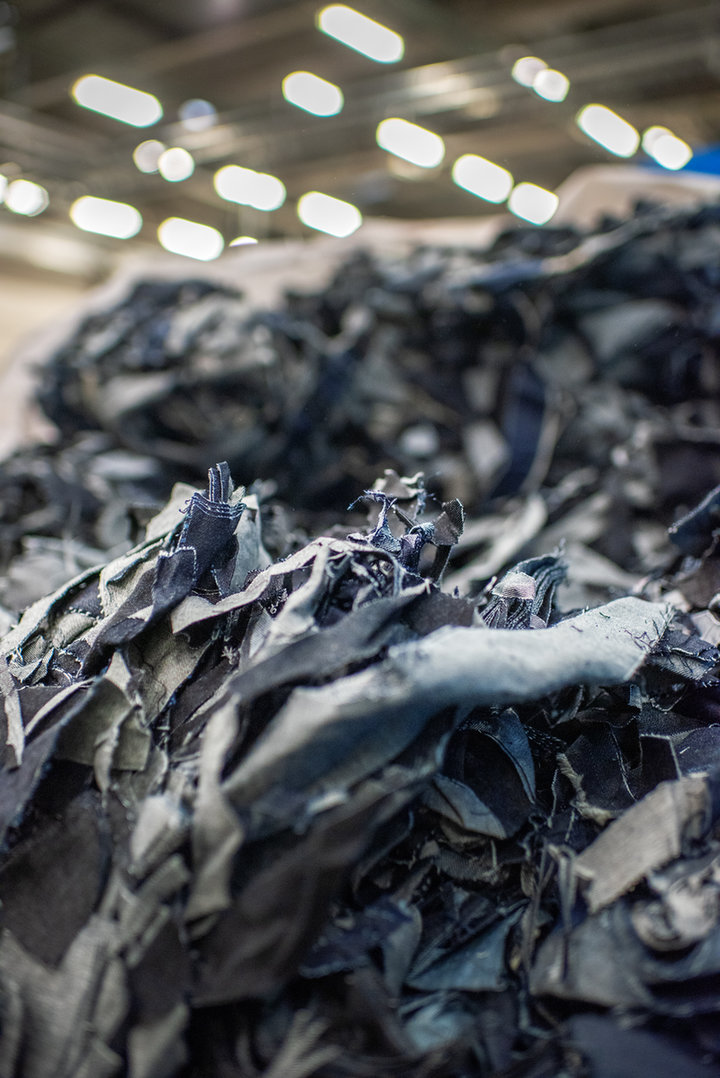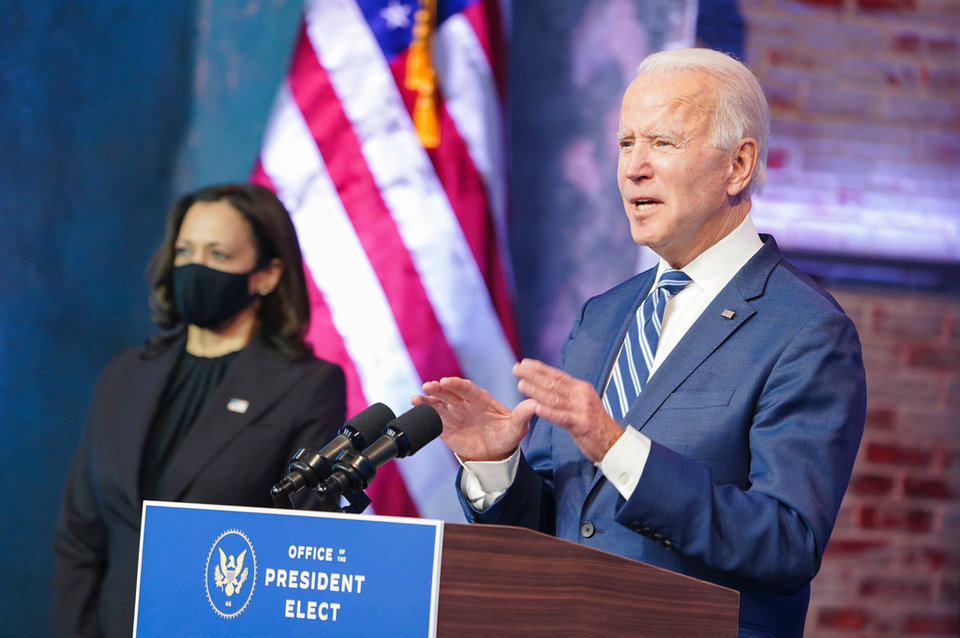1 December 2020
Debenhams and Arcadia stores set to close
Around 25,000 jobs are at risk after two of the UK’s biggest high street retailers – Arcadia Group and Debenhams – collapsed into administration.
Debenhams, which has around 12,000 staff, announced it was beginning the liquidation process at its 124 UK stores and online after a potential rescue deal with JD Sports failed.
The decision came after Arcadia Group – whose brands feature heavily in Debenhams' stores – also called in the administrators, putting 13,000 jobs at risk. The company, which operates the Topshop, Topman, Dorothy Perkins, Burton, Evans, Wallis and Miss Selfridge chains, has 444 leased sites in the UK and 22 overseas, and will continue to trade while a buyer is sought.

Image: Travers Lewis / Shutterstock.com
Pippa Stephens, retail analyst at GlobalData, says Debenhams and Arcadia were both already in trouble before the Covid-19 pandemic hit, but the increase in online spending and diminished demand for fashion has sped up change in the UK retail sector.
"Arcadia's brands have an opportunity to survive if broken up, but after operating in its second round of administration for some time, Debenhams' hopes of living on are slim.
"The likely impending closures of some, if not all of, Arcadia's and Debenhams' stores is yet another huge blow for the UK high street. With both of these players also having a significant presence within major shopping centres, operators will struggle to fill these units.”
1 of 6
23 November 2020
Workplace cooperation enhances Gap supply chain
A multi-year project to promote greater communication between workers and managers in Gap Inc garment supplier factories has had the added bonus of boosting productivity.
The 'Better Work – Gap Inc program on Workplace Cooperation' (WPC) was launched in 2016 across factories in Bangladesh, Cambodia, China, Guatemala, India, Indonesia, Myanmar, Philippines, Sri Lanka and Vietnam.

Through problem solving and collaboration at the factory level, workers and managers have managed to build respect and trust, resolve issues and improve working conditions.
Equally compelling, Gap's quarterly reports have shown production efficiency increased overall in all countries from 2017 to 2018. In 2018, employee absenteeism and turnover rates also decreased in most countries.
The results have encouraged other major global brands including Target, Levi's, Dick's Sporting Goods, PVH, The Children's Place, American Eagle, New Balance and The Walt Disney Company to join the Better Work Academy as long term partners.
2 of 6
20 November 2020
Support schemes focus on female garment workers
Several new initiatives are offering support for female garment workers, amid mounting concerns they are being disproportionately hit by the global coronavirus pandemic.
Women make up the majority of the sector’s global workforce, but are typically found in low-wage jobs, rarely have access to financial or social safety nets, are burdened by care responsibilities in the home, and face a heightened risk of violence such as domestic abuse.
The US Agency for International Development (USAID), UN Women and the European Commission are all working with apparel and footwear brands, retailers and importers to help the mostly female workers in Bangladesh, Cambodia, Sri Lanka and Vietnam and embed more gender-sensitive practices along supply chains.
A combination of training, action plans and tailored support is designed to enhance factory worker rights and welfare, and empower women in the workforce.
Jeans makers Kontoor Brands (owner of Wrangler and Lee), Gap Inc and Levi Strauss are all working with the HERhealth project to educate factory workers on nutrition, hygiene practices, children’s health and family planning.
Similarly, H&M’s charitable arm is providing emergency relief for female garment workers in Bangladesh as part of a longer-term strategy that will include upskilling, re-skilling, digital literacy, and entrepreneurship opportunities.
3 of 6
19 November 2020
Peacocks and Jaeger fight for survival
Efforts are underway to strike a rescue deal for the Peacocks and Jaeger brands, which fell into administration in mid-November, following the collapse of parent Edinburgh Woollen Mill Group earlier in the month.
According to GlobalData Retail, M&S and Next are both reportedly interested in acquiring Jaeger, as are Torque Brands, the owner of TMLewin, and Jaeger's former owner Harold Tillman.
This is surprising, the analysts say, given its premium price points and focus on formalwear, which has fallen out of favour throughout the Covid-19 pandemic due to a lack of social events, and as consumers continue to work from home. Expansion of its casualwear offer would help to boost Jaeger's relevance.
Peacocks has the largest store portfolio out of the Edinburgh Woollen Mill Group's brands, as well as the highest UK clothing market share, which is forecast to remain steady at 0.8% in 2020. Its value pricing, casual ranges, and large childrenswear offer have helped it to retain more demand throughout Covid-19.
4 of 6
19 November 2020
Scandinavian brands closing the loop with Circulose fibres
Efforts are underway to scale up the use of new fibres made from discarded textiles, including production waste and unwanted cotton-based garments.
The Circulose fibres developed by Renewcell offer a circular process in which the cellulose in waste clothes is turned into a slurry, which is dried, packaged into bales, and remade into fibres for new garments.

Swedish fashion group H&M has struck a multi-year agreement with Renewcell to provide enough Circulose to produce millions of garments across its brands. The retailer is working towards a goal for all of its materials to be recycled or sourced in a more sustainable way by 2030.
Danish fashion retailer Bestseller is also using the new fibres in its Vero Moda, Object and Select brands.
5 of 6
9 November 2020
US apparel and retail sectors back Biden administration
Groups representing US apparel and footwear brands, retailers and importers have pledged to work with the new Biden administration to help strengthen the country's economy.
President-elect Joe Biden and Vice President-elect Kamala Harris have named coronavirus and the economy as two key issues at the top of their agenda when they transition to power on 20 January 2021. Other priorities include building prosperity, achieving racial justice, and tackling climate change.

"Until a reliable vaccine is widely available, and the economy can regain the strength necessary to sustain itself, fighting Covid-19 using all our health and economic tools must be our top priority – both for the rest of 2020 and into 2021,” said Steve Lamar, CEO of the American Apparel and Footwear Association (AAFA).
The US Fashion Industry Association (USFIA) added that “a fresh approach to trade policy and to American participation in global alliances will support the recovery today and for the future."
While National Retail Federation (NRF) president and CEO, Matthew Shay, noted: "As the largest private-sector employer in the country, the retail industry looks forward to continuing our tradition of working with presidents and their administrations of both major political parties to advance the industry's priorities in job creation, economic development and career opportunities for millions of Americans."
6 of 6
Share this article!